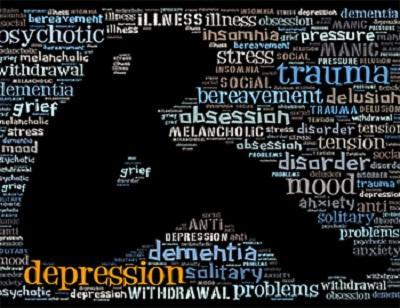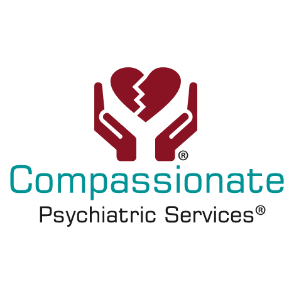
Many people across the globe suffer from Depression, a common and serious medical illness that negatively affects your feelings, you’re thinking, and your actions. If you suffer from Depression, you most certainly suffer from overwhelming feelings of sadness, loneliness, and a lack of interest in activities you previously enjoyed.
Depression is a mood disorder and discovering a cause can be complex, leading to a variety of emotional and physical problems and decreasing your ability to function in your everyday life.
Research suggests that depression doesn’t spring from simply having too much or too little of certain brain chemicals. There is no identified single cause of depression, it can happen for a variety of reasons. Depression can occur as a result of any one or more of the following:
- Abuse – physical, sexual, or emotional abuse can make someone more vulnerable suffering from depression later in life.
- Age -those who are elderly are at a greater risk of suffering from depression.
- Medications – Certain medications can increase the risk of depression.
- Death – the grief and loss of a loved one can increase your risk of depression.
- Gender – Women are more likely to suffer from depression than men.
- Genes – Having a family history of depression can increase the odds that you will also suffer from depression.
- Substance abuse – Statistics show that 30% of people who suffer from substance abuse, also suffer from clinical depression.
Depression affects everyone differently. Some people have depression with big life changes, others may have depression during a serious medical injury/illness, and many have a family history of depression.
Depression is a treatable condition, but for some people, standard treatments aren’t effective. Transcranial magnetic stimulation (TMS) is a non-invasive clinical tool; effective in patients with treatment-resistant depression by targeting key areas of the brain that are underactive in people with depression. TMS uses a magnet, similar in strength of a magnetic resonance imaging (MRI) machine, to stimulate nerve cells in the area of the brain that controls mood. The magnetic pulses have a positive effect on the brain’s neurotransmitter levels, making long-term remission from depression possible.
If you or a loved one struggles with managing depression, TMS may be right for you. Give our office a call today at 469-200-4093 and speak with a specialist.


